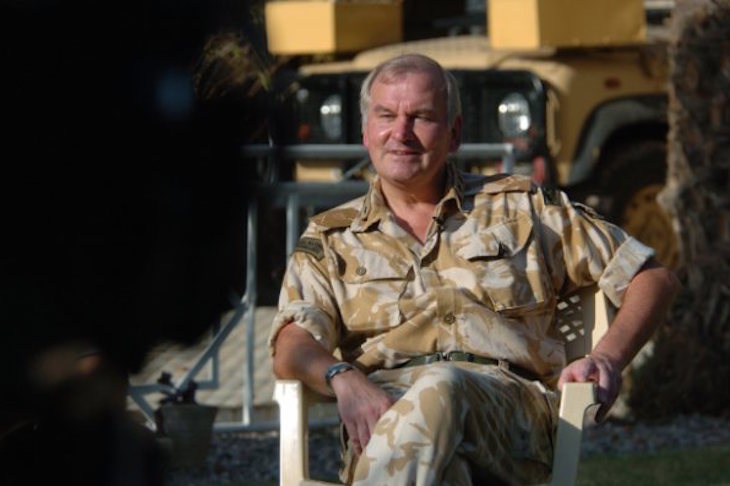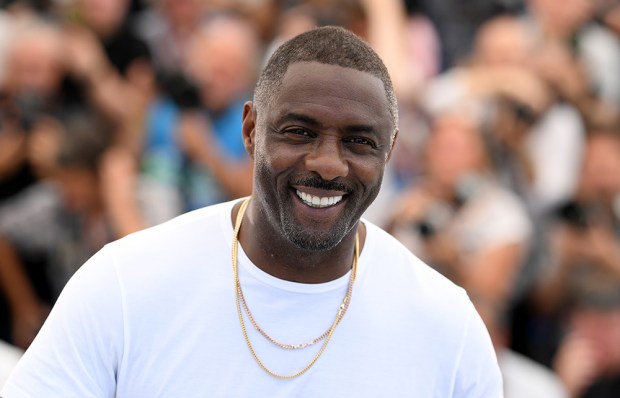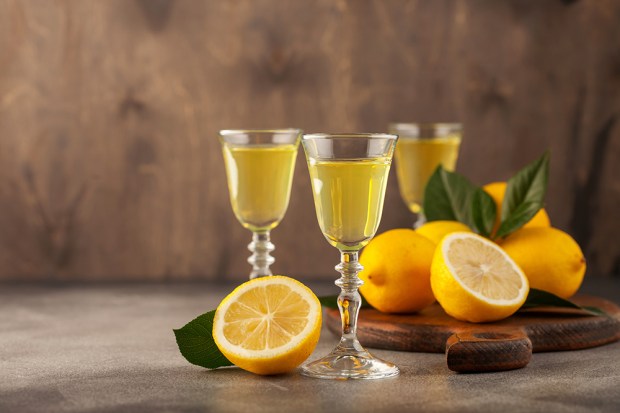One of the pleasures of journalism is the opportunity to meet eminent persons: bankers, businessmen, civil servants, diplomats, politicians, vignerons. Although there are occasional exceptions, such as Theresa May and around one-third of the current cabinet, it is usually easy to see why these characters attained their eminence. That is especially true when it comes to the ablest group of them all, the soldiers.
There is a good reason for this. It is hard to believe that any large organisation on earth devotes as much effort to training as the British army takes for granted. (I am sure that the same is true of the navy and the RAF, but I do not know them as well). Army officers are rigorously assessed. To rise in the profession of arms, they must prove that they can fight, lead and think. No wonder that they are so impressive. I remember having breakfast in a Green Jackets’ mess in Bosnia. All the young officers — and, God, they all looked young to me, including the CO — were reading books. Some of them intended to write books. But they had also run up the local equivalent of Ben Nevis before breakfast.
This all helps to explain why sensible prime ministers come to value soldiers so highly, which does not prevent them from leaving the army underfunded. A domestic political difficulty emerges. The PM summons a conclave of permanent secretaries. The answer is predictable: ‘We will prepare a report for you, prime minister. Would Easter do?’ The PM is aware that one of the recommendations will be ‘more resources’.
A military problem arises. Then, it is a question of: ‘Okay if we have an answer by close of play Friday?’ The PM will also know that even if the generals would like more cash, they are resigned to living in a world of make-do-and-mend.
It is hardly surprising that those who thrive in the military are strong personalities, with a powerful alloy of originality and discipline. I met one such the other day, although as a marine, he was a hybrid of soldier and sailor. Robert Fry ended up as Commandant-General of the Royal Marines. Yet his immediate pre-military career must have been one of the more exotic of all time. After university, he set off for Wall Street to make his fortune. That did not happen. By Grand Central Station, he sat down and gave up. So, plan B: he decided to become a guitarist and beat poet: well, Frederick the Great and Wellington both played the violin. I do not know what form the basic training for beat poets takes, but Rob decided that he was not going to become the next Jack Kerouac. Next, plan C: he joined the marines.
In the US, he had played blues music. (To me, blues is the most hideous cacophony ever to emerge from a human mouth — but de gustibus.) Anyway, blues was probably a good initiation for the marines. After the first few hours of officer training, Rob must have felt that the most doleful blues singer knew nothing of despair.
We discussed this and other matters at The Green restaurant in Sherborne. It has been praised here before, since when it has got even better. It is the sort of restaurant du quartier / il padrone mangia qui gaff which the French and Italian provinces delight in, although they are rarer in France than they were. In England, it would be hard to come across a more thoughtful collection of wines in such an essentially modest place. There was nothing on the list I would not have wanted to try.
We drank Villa Angela from Pecorino, a Hungarian Tokaj produced by Mád and a Cabernet/Syrah blend from Massaya in the Bekaa valley. Based on first-class local ingredients, the food was excellent. It ought to be true that ‘every man thinks meanly of himself for not having been a soldier’. But this was the company, the drink and the food to banish all mean thoughts.
Got something to add? Join the discussion and comment below.
Get 10 issues for just $10
Subscribe to The Spectator Australia today for the next 10 magazine issues, plus full online access, for just $10.
You might disagree with half of it, but you’ll enjoy reading all of it. Try your first month for free, then just $2 a week for the remainder of your first year.















Comments
Don't miss out
Join the conversation with other Spectator Australia readers. Subscribe to leave a comment.
SUBSCRIBEAlready a subscriber? Log in